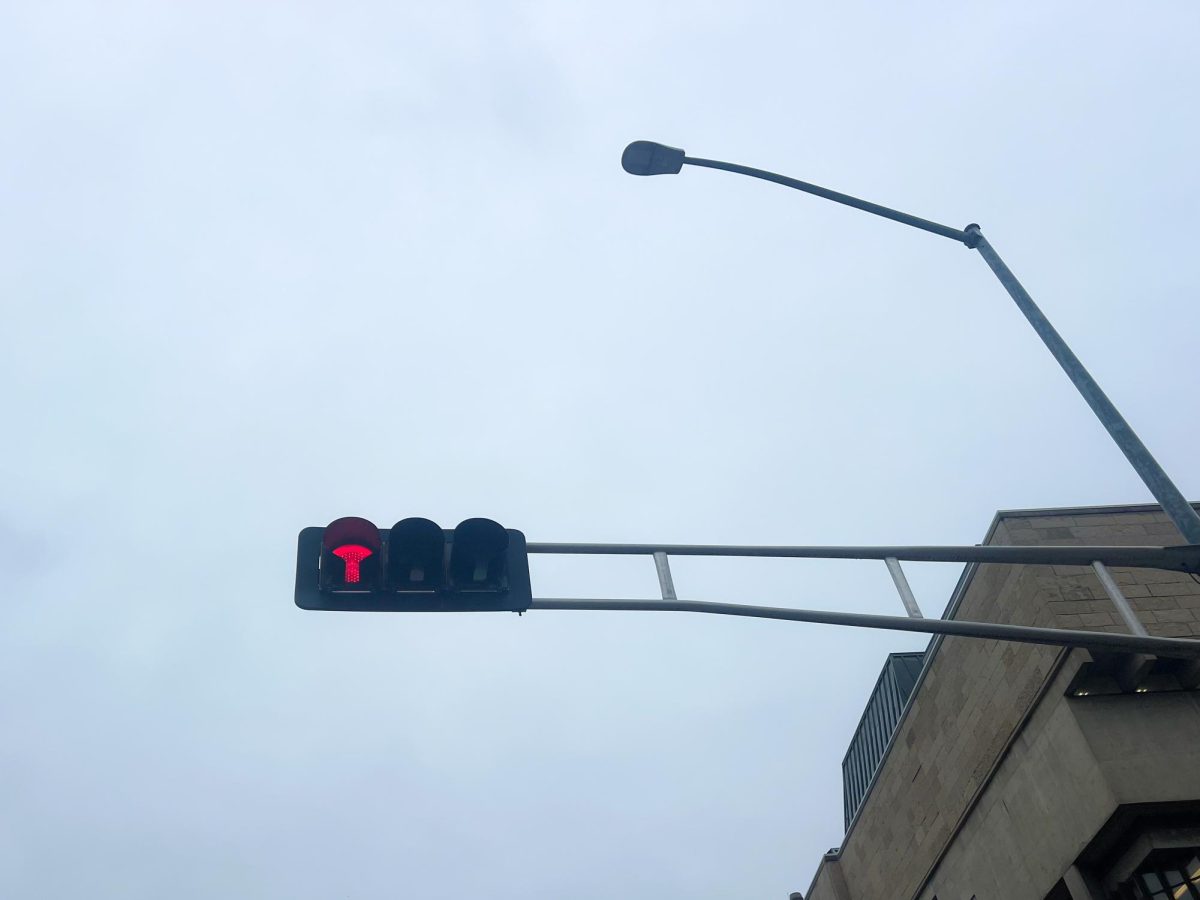
A decision passed down from Tuesday’s City Council meeting could pose additional obstacles for large-scale street events including the famed Mifflin Street Block Party.
The Madison City Council voted unanimously to amend the process of obtaining alcohol licenses issued in conjunction with street use permits and also shot down an action to eliminate the city’s list of repeat alcohol offenders.
Ald. Mike Verveer, District 4, said the amendment was originally proposed by Mayor Paul Soglin in response to last year’s Mifflin Street Block Party.
In the past, the process has not included approval by the council, and Verveer said Soglin believed the council should be involved in the obtaining of alcohol licenses in the instance of events such as Mifflin.
“It was my feeling that the city ought to know when we’re closing streets and issuing licenses,” Soglin said. “There is a serious nature of these permits, one that council should have final authority on.”
Alcohol Policy Coordinator Mark Woulf researched the number of major city events that obtain these alcohol licenses and found that only eight events annually would be affected by this process. He said events such as the Taste of Madison already obtain their permits in a timely fashion and adding an extra step would not be detrimental to the event.
Ald. Bridget Maniaci, District 2, said she believes if the permit does not fall in the specific district of an alder, it should be in the hands of city staff and the individual alder whom it affects.
The motion to approve the amendment was carried 9 to 3 in a vote by the council.
Soglin also motioned to repeal the habitual intoxication list maintained by the city.
Ald. Scott Resnick, District 8, said two years ago former Mayor Dave Cieslewicz proposed the habitual offenders list, which would mean people who had been arrested multiple times on State Street in a certain time frame would be banned from being served alcohol.
The City Council voted against the repeal.
The council also debated a complaint filed in October by the city attorney’s office to shut down the R Place on Park bar. The complaint was disputed with debate focused on the unusually long process to move the matter through city committees.
Verveer said the complaint was then sent to the Alcohol License Review Committee to have a series of hearings, which he said have “unfortunately dragged on.” He added the delays took place for a number of reasons, including the fact that two of the hearings were not recorded.
Verveer said that because of due process reasons, it is absolutely critical to have a verbatim record of hearings in case a party wishes to appeal.
“In essence we tried to dismiss the entire complaint against R Place with the assumption that the attorney’s office would file a new one, which would be more appropriate considering the tremendous delays,” Verveer said.
Since October, City Council has worked to reform their process in handling these items, Verveer said. If a new complaint was filed, the process would likely move more quickly and efficiently.
However, after a lengthy public hearing, the council voted unanimously to send the complaint back to ALRC for a decisive ruling.












